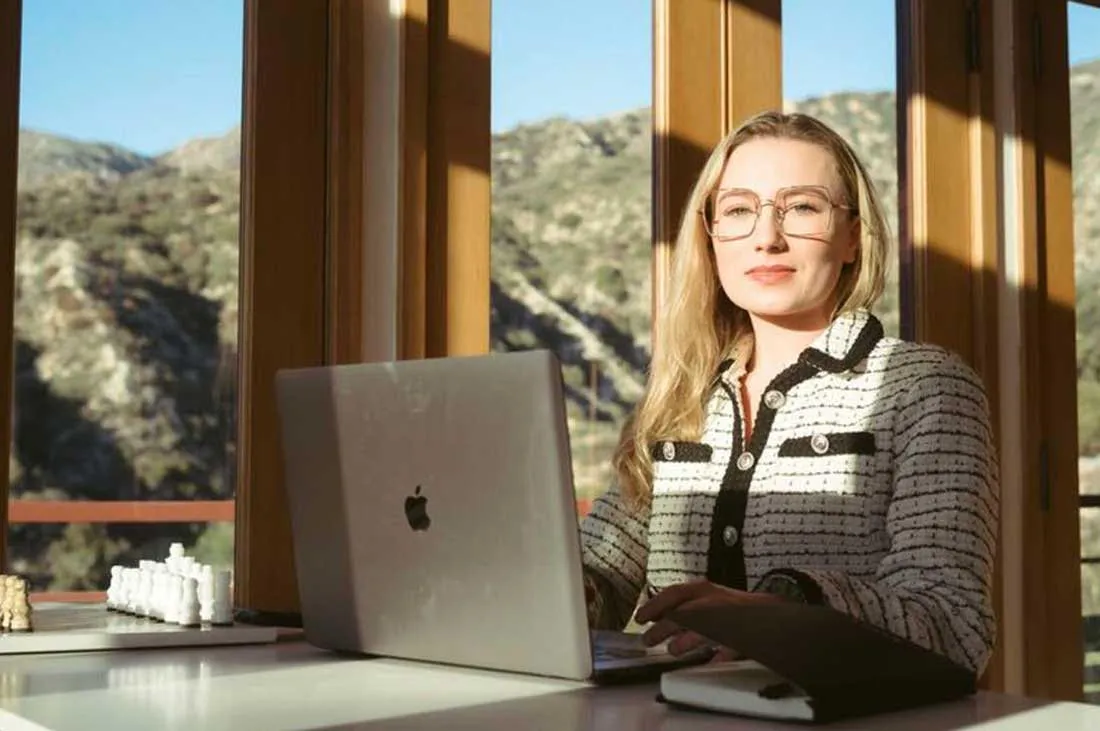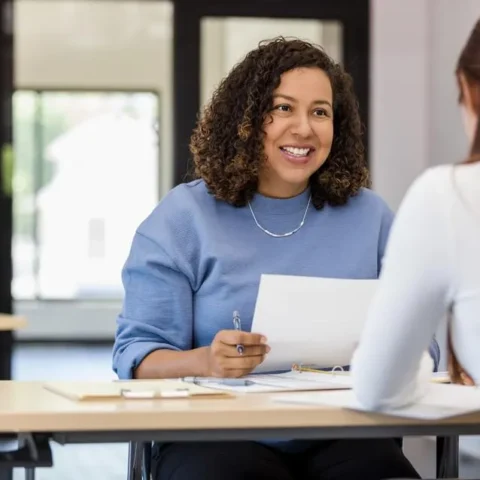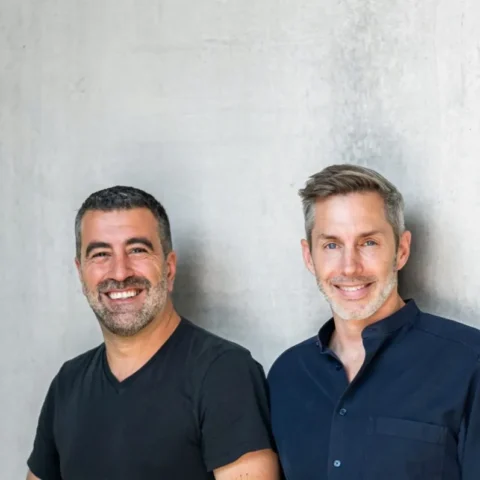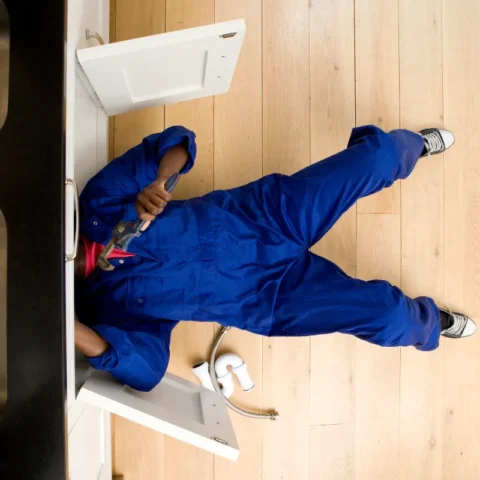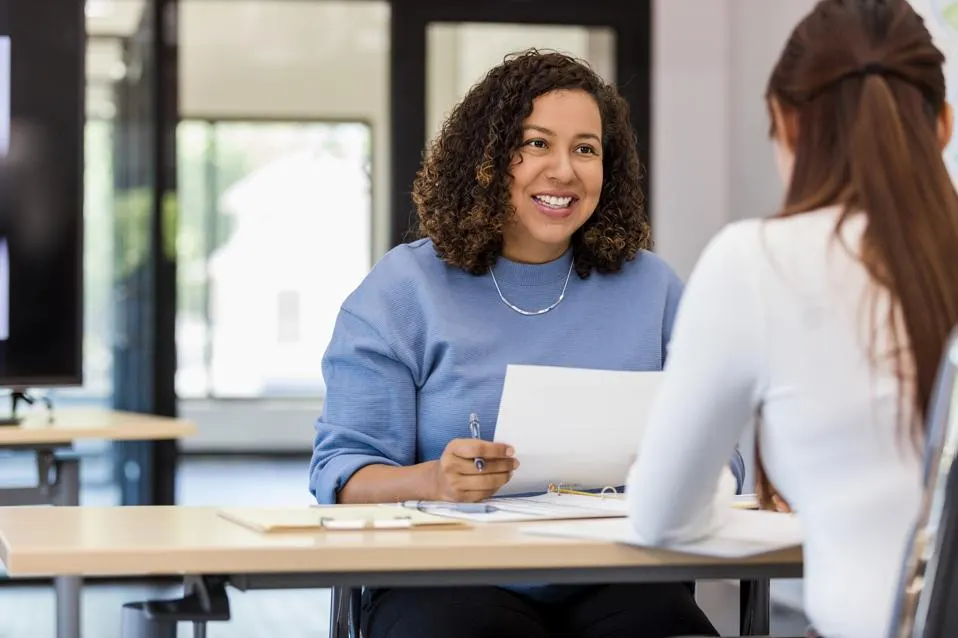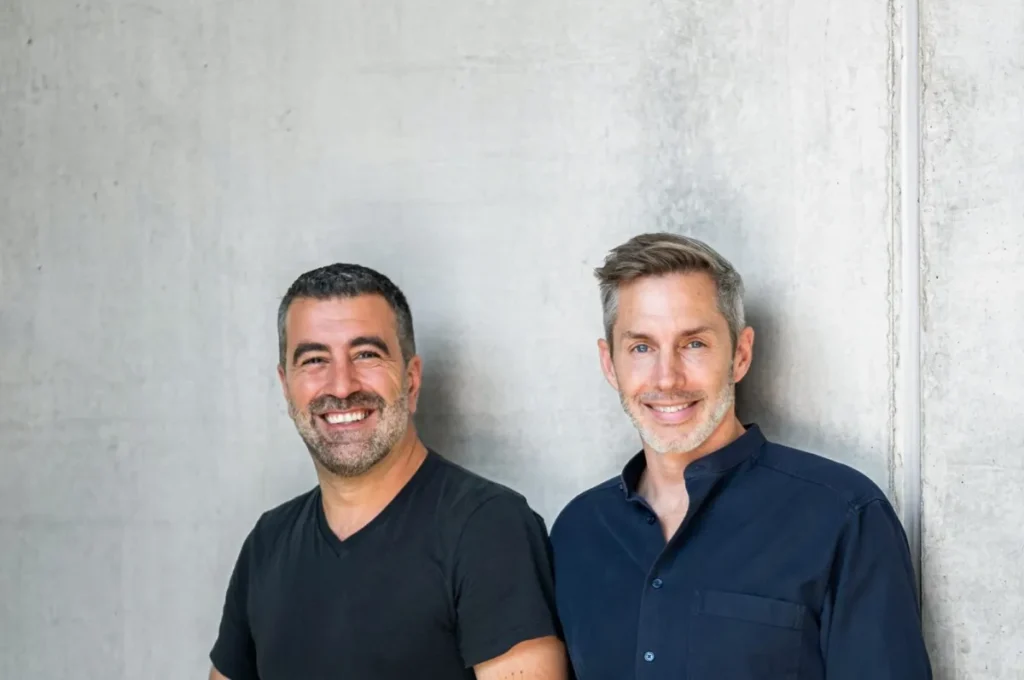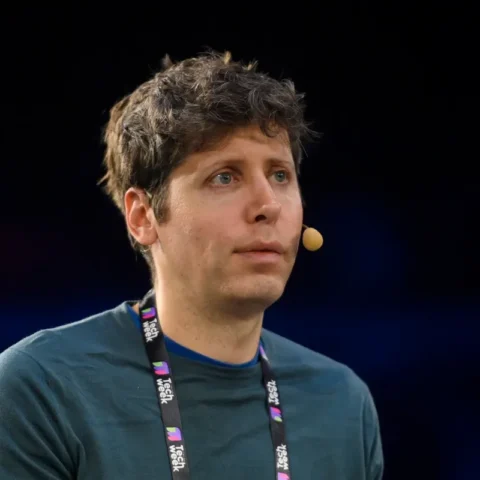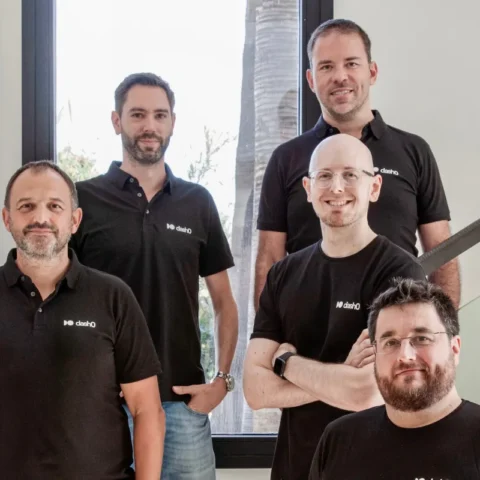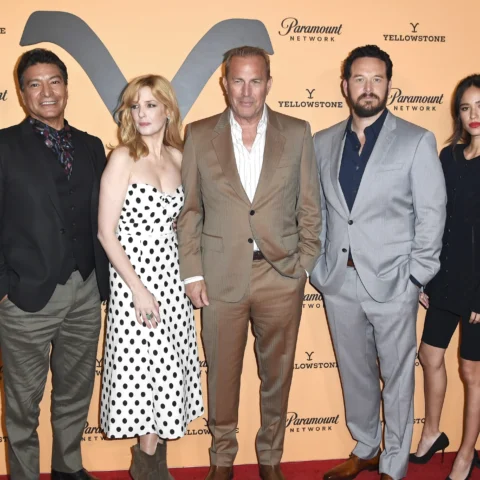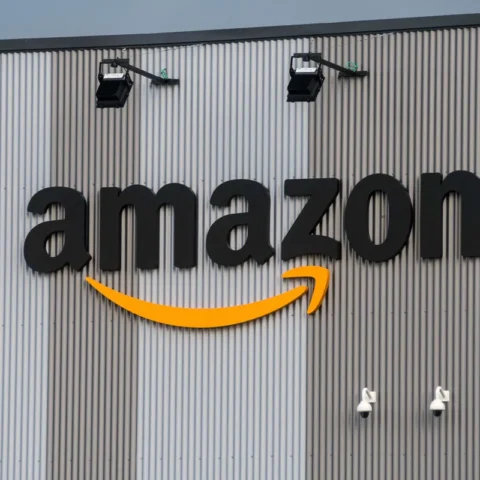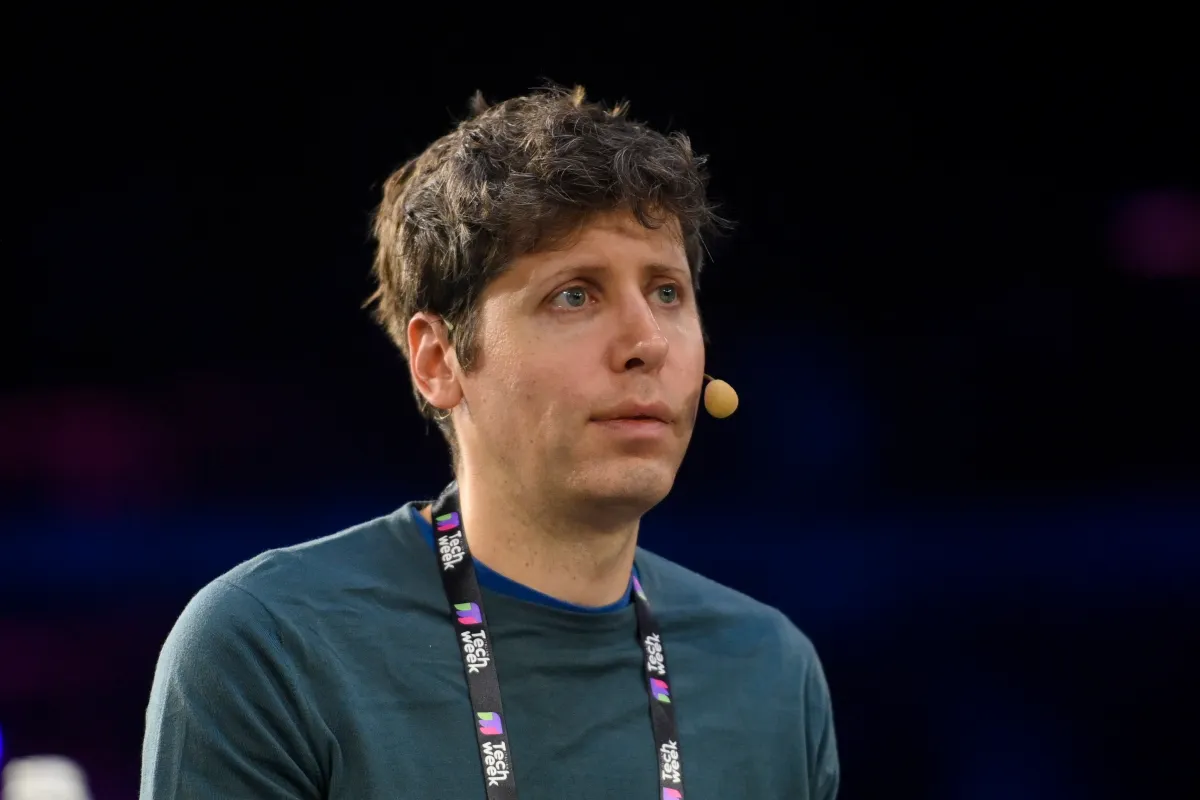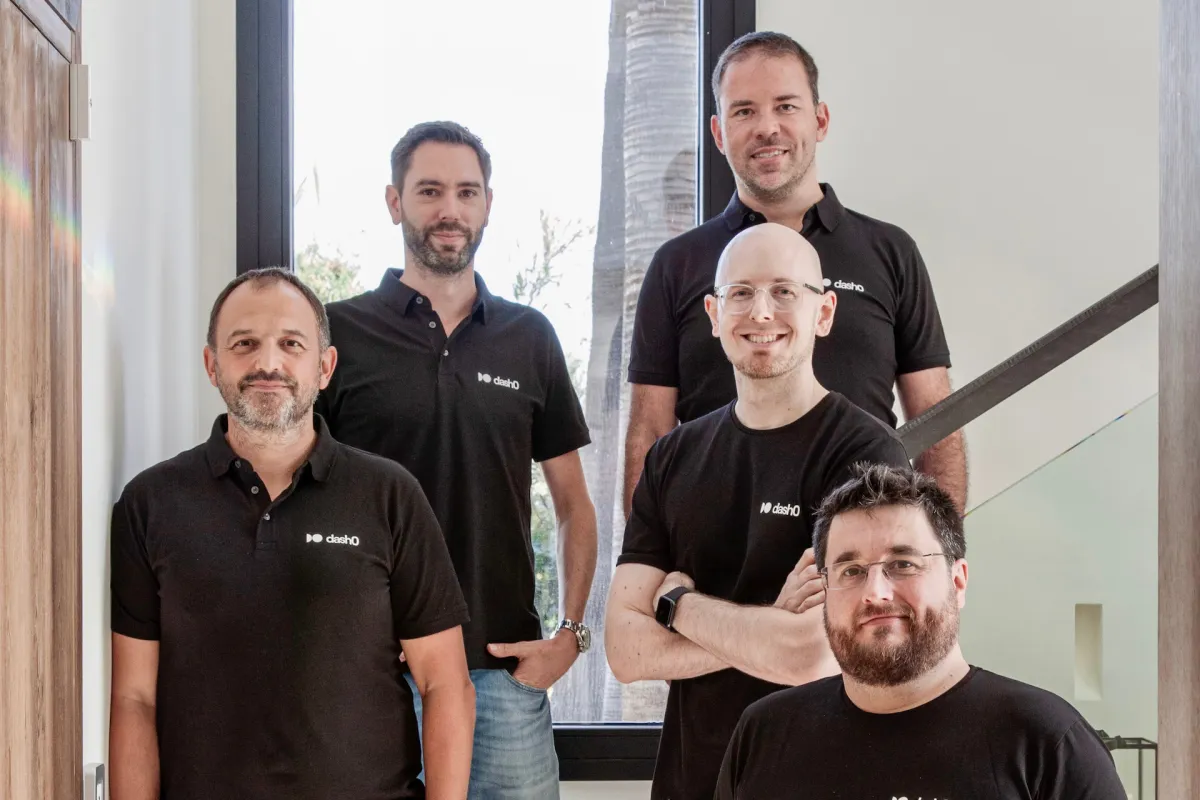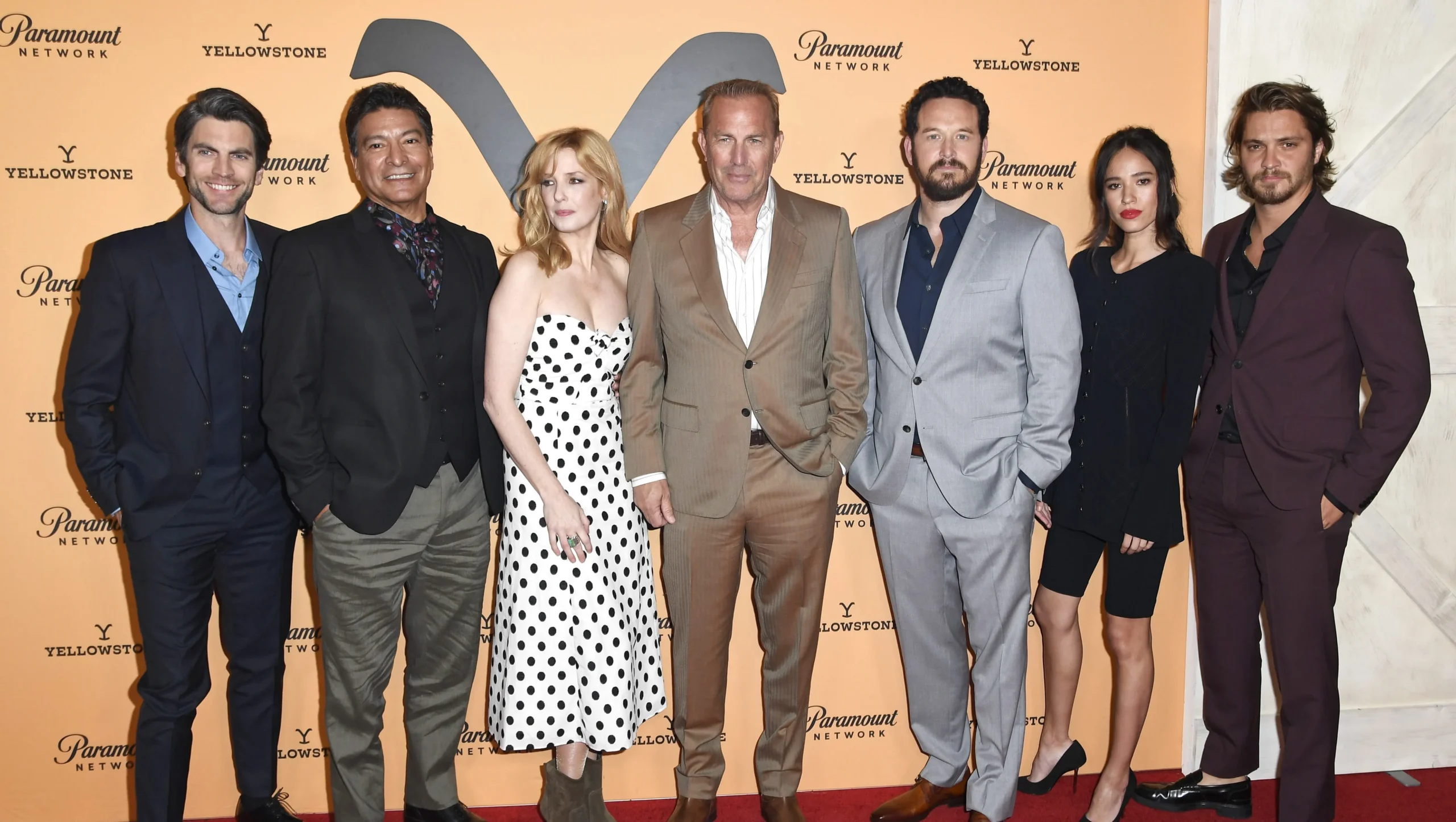A Vision for Inclusivity
Talent acquisition platform Making Space, founded in 2023 by renowned disability activist Keely Cat-Wells, has announced the successful closure of an oversubscribed $2 million pre-seed round led by Beta Boom. The platform aims to revolutionize the hiring, training, and retention of disabled talent across various sectors.
Breaking Traditional Barriers
Making Space offers a free service for prospective employees to find job opportunities and provides recruiters with tools to locate qualified candidates. Additionally, the platform offers educational resources to better support and collaborate with disabled workers. Cat-Wells identified the exclusionary nature of traditional hiring processes as a significant barrier, noting that many disabled individuals hesitate to disclose their disabilities due to fear of discrimination, which hinders them from receiving necessary accommodations.
Economic Benefits of Inclusivity
A 2018 study by Accenture and the American Association of People with Disabilities revealed that companies supporting disabled employees see 28% higher revenue and greater profit margins compared to those that don’t. The study also suggested that the U.S. GDP could increase by at least $25 billion if more disabled individuals joined the workforce. Despite these findings, disabled individuals are more than twice as likely to be unemployed and are less likely to graduate from college than their non-disabled counterparts.
Building New Pathways
Cat-Wells saw an opportunity to create new employment pathways that benefit both employers and disabled workers. “We are passionate about getting disabled people into actual work and creating careers rather than just jobs,” she stated. According to the Job Accommodation Network, disabled employees often have higher retention and performance rates, reducing turnover costs for employers.
Challenges in Securing Investment
Securing the right investors for Making Space was challenging. Many investors doubted the commercial viability of a disability-focused company. “Many still view disability through the lens of charity and nonprofit,” Cat-Wells remarked. One prospective investor even suggested she bring on a non-disabled, male co-founder to secure funding, highlighting deep-seated biases and systemic barriers within the venture capital industry.
Finding the Right Support
Cat-Wells ultimately connected with Beta Boom through another investor. Beta Boom founders Kimmy and Sergio Paluch described Making Space as a “unique business” that addresses the upskilling and trust issues faced by both disabled workers and employers.
Expanding the Empire
Making Space’s platform is part of a broader enterprise. The company also has a media arm, co-founded by disability activist Sophie Morgan, which partners with major networks like Netflix and NBCUniversal to enhance employment opportunities for disabled talent. The media arm has already made significant strides, such as helping Netflix build a pipeline of disabled graphic designers and hiring NBCU’s first disabled Paralympics hosts. Making Space also has a deal with Reese Witherspoon’s Hello Sunshine to produce stories about individuals living with disabilities.
Future Aspirations
Cat-Wells aims to expand Making Space’s offerings, including the upcoming release of a tool called Compass, which highlights disabilities as transferable skills. At just 28, she is already a seasoned entrepreneur, having previously founded and sold an entertainment talent agency that represented disabled artists.
Personal Motivation
Cat-Wells’ journey began after experiencing discrimination herself. Her stoma bag was visible during an acting audition, resulting in a rescinded role offer. This incident propelled her to advocate for disability rights and create opportunities for disabled individuals.
A Promising Future
Cat-Wells has become an influential figure, discussing disability rights at the White House and collaborating with leaders like Kamala Harris and Prince Harry. Making Space is set to announce partnerships with Fortune 500 companies and aims to expand its work in K-12 schools, sparking conversations about disability rights and opportunities.
“We want to change the stat that disabled people are 2x more likely to be unemployed than non-disabled people,” Cat-Wells asserted, underscoring her commitment to creating a more inclusive and equitable workforce.

